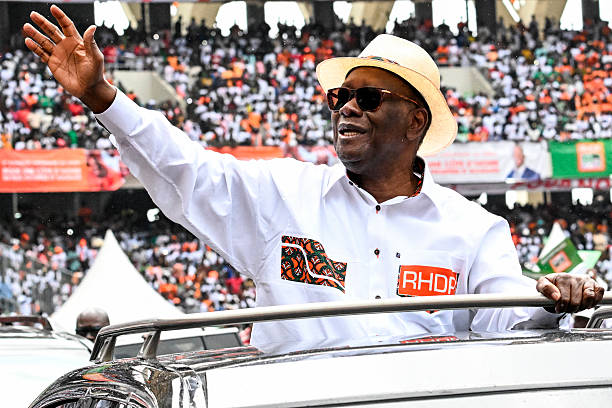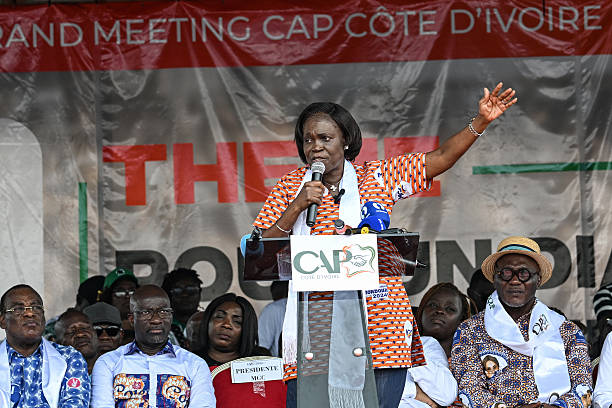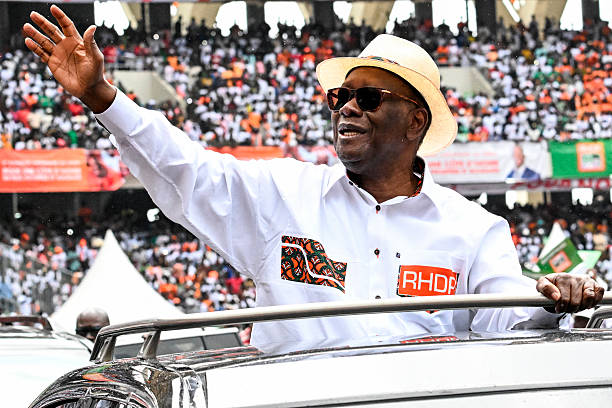Polling stations have closed and vote counting is underway in Ivory Coast’s presidential election, where incumbent President Alassane Ouattara is pursuing a controversial fourth term in office.
Voter turnout appeared subdued throughout Saturday, with only a handful of citizens arriving at polling centers before they closed at 6 p.m. Among them was Leticia Bea, a schoolteacher, who emphasized civic responsibility over political enthusiasm. “We simply came to fulfill our civic duty,” she said. “For the children we teach, the example must start with us.”

The election unfolded under tight political restrictions. Several of Ouattara’s main challengers were disqualified, a move that has drawn criticism from opposition figures and international observers who question the inclusiveness of the race. His decision to seek another term — following a previous pledge to step down — triggered widespread protests in August. Authorities later banned political demonstrations, and clashes between protesters and police in Abidjan’s Blockhauss district left hundreds arrested and several injured.
Some voters expressed fatigue with the political turmoil that has often accompanied Ivory Coast’s elections. Leterigue Sekongo, a 48-year-old electrical engineer, said peace must take precedence over confrontation. “There is no point in using violence to spoil the country. It serves no purpose at all,” he said.
Despite five candidates officially contesting the presidency, political analysts widely expect Ouattara, 83, to retain power. His party, the Rally of Houphouëtistes for Democracy and Peace (RHDP), already dominates parliament, and his government has maintained control over state institutions since the end of the country’s civil conflict. A victory would extend Ouattara’s rule to nearly two decades, solidifying his influence over the world’s leading cocoa-producing nation.

Under Ouattara’s leadership, Ivory Coast has experienced steady economic growth — averaging around 6% annually — driven largely by the cocoa sector and post-war reconstruction. However, the benefits have not been evenly distributed. Roughly 37.5% of Ivorians still live in poverty, and unemployment remains high, especially among the youth.
Observers expect low voter turnout, echoing patterns from previous elections where just over half of registered voters participated. Analysts suggest this reflects growing public disillusionment with an electoral process frequently marred by violence and political exclusion. Preliminary results are expected on Sunday.



